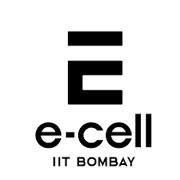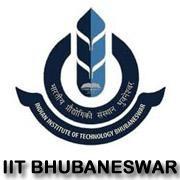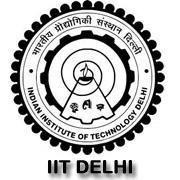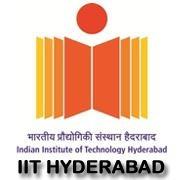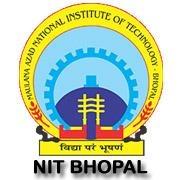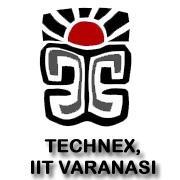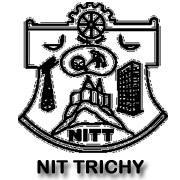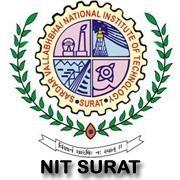



In the past, computing tasks such as word processing were not possible without the installation of application software on a user's computer. A user bought a license for each application from a software vendor and obtained the right to install the application on one computer system. Cloud computing differs from the classic client-server model by providing applications from a server that are executed and managed by a client's web browser, with no installed client version of an application required. Centralization gives cloud service providers complete control over the versions of the browser-based applications provided to clients, which removes the need for version upgrades or license management on individual client computing devices.
Topics to be Covered:
Introduction Of Cloud Computing
• Introduction of computing and its model
• Desktop Computing Model
• Client –Server Computing Model
• Cluster Computing Model
• Grid –Computing Model
• Cloud-Computing
• Shared Hosting, VPN and Dedicated
• Cloud-Computing Services
• Cloud Services Provider Company
• Role of Cloud Computing in Various Engineering Domain
• Future scope of Cloud-computing in Various Field Like IOT,
• Machine Learning And Artificial Intelligence
• Public Cloud
• Private Cloud
• Hybrid Cloud
Introduction to GitHub
• Introduction of GitHub
• Repository
• Creating Repository
• How to use Github Repository
Installing and Working with Cloud Foundry using CLI
• Installing CLI
• Introduction of Basic Command
• Working With CLI
• Login into Bluemix Account by CLI
• Deploy /Hosting WEB using Cloud Foundry
• Deploying Multiple Webpage in single space
• Accessing our web application from any where
Bluemix DevOps
• Bluemix Devops Service
• Continous Delivery
• Working with Tool chain
• Creating Tool chain
• Creating Delivery Pipeline
• Creating and Deploying web page using web IDE
Working With IBM Bluemix and Eclipse
• Configuring Eclipse for IBM Bluemix
• Configuring Tomcat Server
• Creating and Deploying war file into Bluemix cloud using Eclipse
Working With Cloudant Basic Structure of Cloudant
• JSON
• Creating Live Data Base Using Cloudant NOSQL Database
• Creating JSON object and Array
• Adding Cloudant Database into application
Mobile Foundation
• Introduction of Mobile Foundation
• Creating Server using Mobile Foundation
• Linking Mobile Foundation with android Application
Virtualization
• Introduction of Virtualization concept behind the Virtualization
• Vmware
• Hypervisor –VMM
• Type of hypervisor
• Virtualization in Cloud Computing
Container
• Introduction of Container
• Containers and VM
• Advantages of Container
Docker
• Introduction of Docker
• Docker vs VM
• Docker architecture
• The Docker daemon,The Docker client,Docker registries
• Docker Object
• Cluster and Node
• Docker Toolbox Setup
• Docker CLI Introduction
• Docker-Machine Basic command Implementation
• Chat application using Node Red
• Creating Docker Machine Cluster
• Introduction of Dockerfile and its Commands
• Creating Docker Image using Dockfile
• Deploy Static HTML Website as Container
• Deploy python(Flask) as Container
DOCKER-SWARM
• Introduction of swarm
• Docker Swarm components
• Creating-Machine
• Creating Swarm Service
• Accessing the Service
• Scaling up and Scaling down
Kubernetes
• Introduction of Kubernetes and its Architecture
• Kubernets Terminology
• Kubernets Vs Docker
OpenStack
• Introduction of Openstack
• How is OpenStack used in a cloud environment
• components of OpenStack
Softlayer
• Introduction of softlayer
• IBM SoftLayer
• Creating first virtual server in SoftLaye
Amazon Web Services
• Introduction of AWS
• Creating Account ,
• Introduction of Free Tier Services
• Services offered by Amazon
• EC2 - Configuring a server, Launching an instance
• S3- Allocating storage buckets,
• Amazon Virtual Private Cloud (VPC)
• Amazon API Gateway
• AWS SDK for Java Developer
• Launch a Web Application
• Deploy a Python Web App
• Host a Static Website
• ML Model to Generate Predictions
• Amazon Machine Learning Example
Eligibility For Applying : Any college can opt for this program. Students/Faculties from B.E./B.Tech/M.Tech/M.E./MCA/BCA. with the below mentioned academic requirements are preferable. If You wish to associate with us and want to organise this training at your institute then, Please read the request guidelines and process it accordingly:
Certification Policy:
Duration: 2 Weeks (5 Days a Week) - The duration of this workshop will be two consecutive weeks, with 6-7 hour session each day.
